Only logged in customers who have purchased this product may leave a review.
Begonia Leaf erythrophyla
Begonias come in an infinite variety. Begonias exist in an infinite variety of colours, sizes, and forms, with over 1,000 species and many more variations and hybrids. Fibrous, tuberous, canes and rhizomatous are the four significant kinds.
Planting
Begonias should be planted in a soilless potting mix in a container with enough drainage at the bottom. Begonias are particularly prone to root rot, so adding a layer of stones or broken shards of old terracotta pots to the bottom can also help with drainage. Begonias should be repotted into a pot one size larger only if the pot becomes rootbound.
Watering
The most challenging aspect of cultivating begonias is striking the proper balance of watering. The soil should always remain somewhat damp but not too wet, as begonias are extremely sensitive to overwatering and rapidly develop root rot. Before watering, test the soil with your finger—the top inch should feel dry (approximately up to your first knuckle). If in doubt about whether to water, it is preferable to err on the side of caution and wait until the leaves begin to droop slightly, a sign that the plant is drying out. Directly water the soil, avoiding wetting the foliage.
Humidity
Begonias also demand a high level of humidity to flourish, which makes them difficult to cultivate indoors. You may choose to keep your begonia in the bathroom or kitchen, where the air is more likely to be moist. Additionally, you may place a saucer of water near your plants to produce humidity when the water evaporates.
Caution
Avoid submerging the pot in the saucer of water, as this may result in excessively moist roots and decay. Additionally, you should avoid watering begonias, particularly rex begonias. While misting creates humidity, because begonias are susceptible to powdery mildew, it is preferable to keep the leaves dry.
Light
The majority of begonias thrive in partial shade (four to six hours of direct morning light each day) or filtered sun (as through trees). While the majority will survive complete shadow (no direct or filtered sun), they will be less dense and have fewer blooms. Only a handful thrive in direct sunlight. Begonia loves Moist but not wet soils. If powdery mildew affects your garden, search for resistant types, avoid watering foliage, and space plants properly for air circulation.
Fertilization
Applying a liquid houseplant fertilizer every two weeks as directed on the box will promote larger leaves and flowers.
Propagation
Begonias are a lot of fun to grow and are pretty easy to propagate. Snip a cutting and place it in a jar of water until roots develop, then transfer it to a pot.
Toxicity
Begonias are poisonous to pets, according to the ASPCA, with the underground tubers and roots being the most hazardous.
$35.00 $38.15 (Including GST)
Out of stock

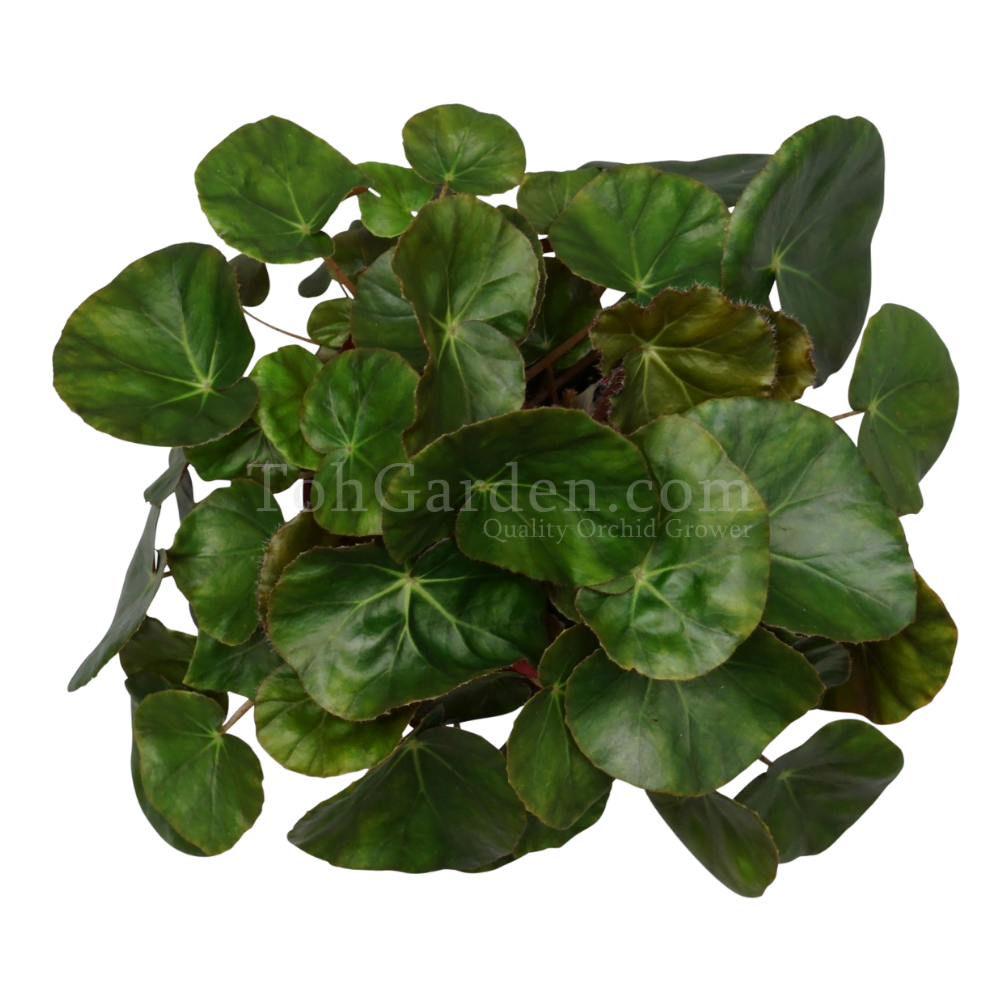
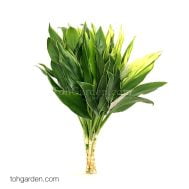
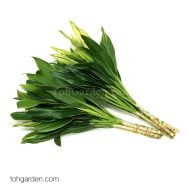
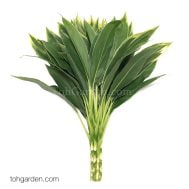
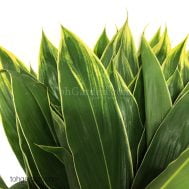
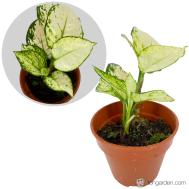
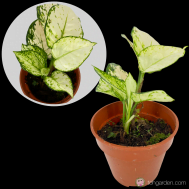
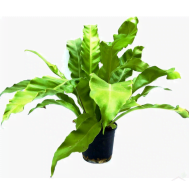
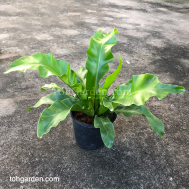

Reviews
There are no reviews yet.